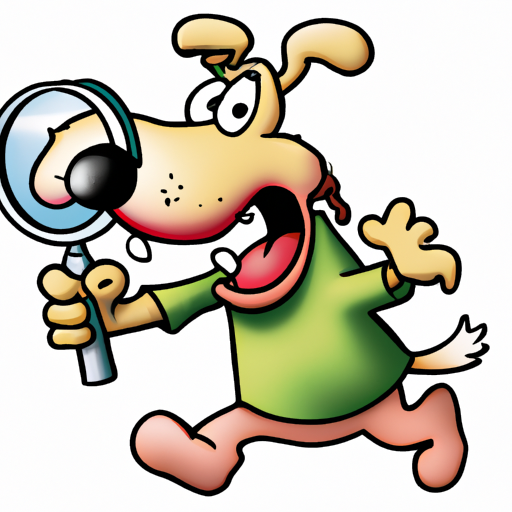Introduction
You, my dear reader, might have heard the popular saying that a dog’s mouth is cleaner than a human’s. But have you ever paused to wonder how clean a dog’s mouth really is? Let’s delve deep into the world of canine oral hygiene together to uncover the truth.
Understanding the Canine Mouth
To truly grasp the cleanliness (or lack thereof) of a dog’s mouth, you must first understand the nature of a canine oral cavity. Your furry friend’s mouth is home to a myriad of bacteria; not all of them harmful. In fact, some of these bacteria are beneficial, aiding in digestion and immunity.
However, just like humans, dogs too can suffer from dental diseases. Plaque, tartar, gingivitis, and periodontal disease are common issues seen in dogs. These issues not only cause discomfort but can also lead to serious health complications if left untreated.
Common Misconceptions
Let’s debunk some myths about your beloved pet’s mouth:
- Dogs’ mouths are cleaner than humans’: This is a common misconception. The reality is, both humans and dogs have nearly the same amount of bacteria in their mouths. However, the types of bacteria are usually different, hence the confusion.
- A dog’s saliva has healing properties: While there are certain enzymes in a dog’s saliva that can help clean their own wounds, it doesn’t necessarily mean it has the same effect on humans.
How to Maintain Your Dog’s Oral Health
Ensuring your pet’s oral hygiene is a crucial part of their overall health. Here are some steps you can take:
- Regular teeth brushing: Use a dog-specific toothpaste and brush at least twice a week.
- Dental chews: These are specially designed to clean a dog’s teeth as they chew.
- Regular vet check-ups: Your vet can spot dental issues early and recommend treatment.
| Activity | Frequency |
|---|---|
| Teeth Brushing | Twice a week |
| Dental Chews | As recommended by vet |
| Vet Check-ups | Every 6 months |
FAQs
- Do dogs’ mouths clean themselves?
-
Not entirely. While a dog’s saliva does contain enzymes that help clean their mouth, it’s not enough to prevent dental diseases.
-
Can a dog’s lick heal human wounds?
-
It’s not advisable. While a dog’s lick might not cause harm in most cases, it can potentially transmit bacteria that may lead to infection.
-
How often should I brush my dog’s teeth?
- Ideally, you should brush your dog’s teeth at least twice a week.
Remember, as a caregiver, your pet’s health and wellbeing is in your hands. Regular dental care can not only ensure a shiny set of choppers for your furry friend but also contribute to their overall health and longevity.



